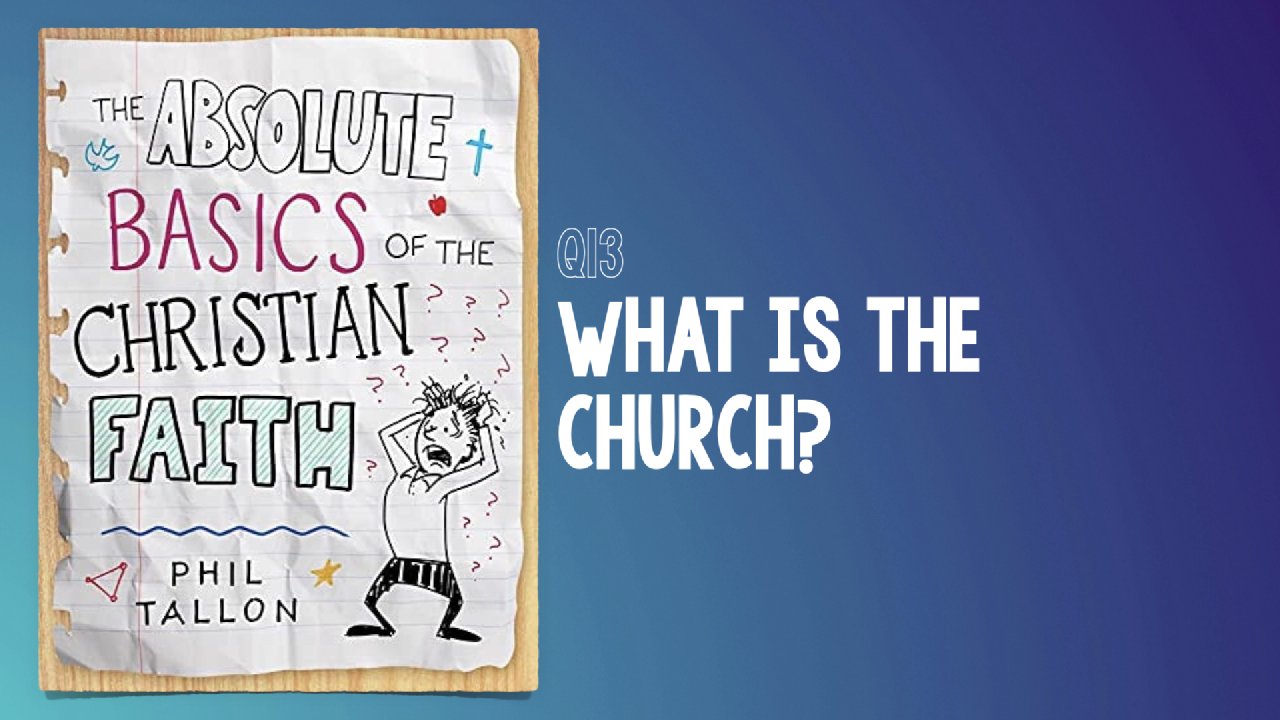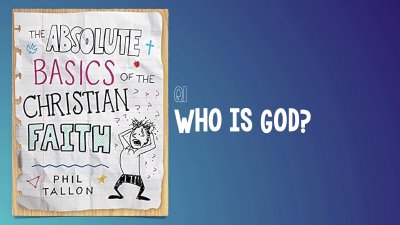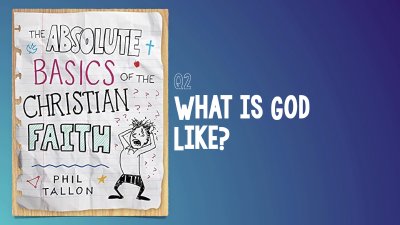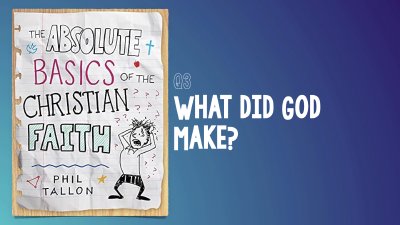Q. What is the church?
A. The church is the community of all true
believers, who are Christ's body in the world, continuing the work of the apostles. (Ephesians 4:4-5)
● Discussion Question: In comparing the church to the body, which body part would you be? Are you an ear (do you listen well)? Are you an eye (do you observe needs around you)?
● Discussion Question: Eugene Peterson said that churches are not parlor rooms for saints, but “messy family rooms.” What do you think he means by this? How does this critique or encourage your own church family?
● Discussion Question: Some are fond of saying that they want to be Christians and love Jesus, but don’t need church. Why is the church important? Is the church required for salvation?
● Discussion Question: What does the theology of the church teach us about how to pick a church? If we move to a new city, what is the best way to process becoming a part of a local church?
● Discussion Question: What is Jesus doing through the church today?
● Discussion Question: The lesson talked about two kinds of people: those who like the body (the church) but not obeying the head (Jesus); and those who like obeying the head (Jesus), but not being a part of the body (the church)? Are you ever like either of these kinds of people?
● Discussion Question: How does being a part of a local church affect our own Christian walk?
● Discussion Question: What was the most important idea you learned from this lesson? Is there anything you still don’t understand?
● Application Question: How can you be an effective part of your church now?



